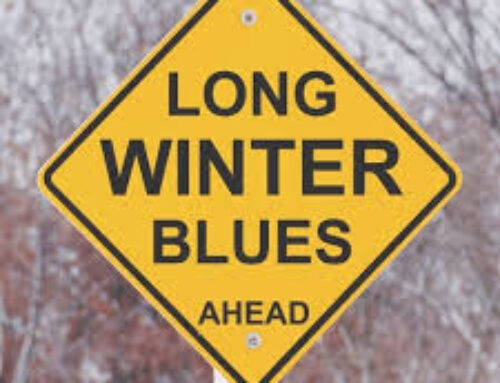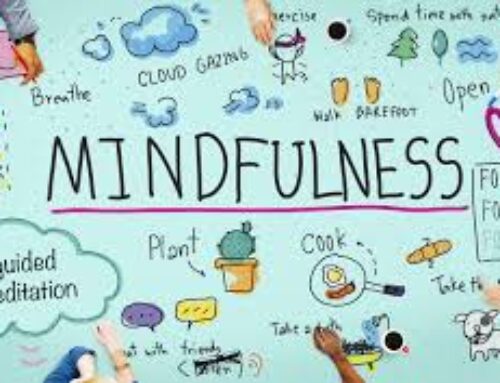
According to Gottman, “In marriage, couples are always making “bids” for each others attention, affection, humor, or support”. Essentially making “bids” means you are reaching out to your partner in order to connect. Bids happen every day, and can be large or small. Bids are evidence of turning toward your partner which is “the basis of trust, emotional connection, passion, and a satisfying sex life”.
For instance, a small bid may be asking your partner to watch a TV show with you. However, a more significant bid may be moving your family across the country to be closer to family. When your partner offers a bid, you have the choice to turn toward your partner or turn away. In Gottman’s research, most arguments between couples were not about sex or money, but about failed bids of connection. In other words, these seemingly small moments build trust within your relationship and keep your emotional connection and romance flowing. Let’s consider the following example:
You’re at home with your partner sitting at the kitchen table working on a crossword puzzle, and notice that your spouse is looking out the window. They comment that there are a lot of neighbors outside walking. How do you respond? Do you ignore your partner and continue with your crossword puzzle? Or recognize your partner’s bid to connect and respond? Similarly, do youu offer your own bid to your partner and ask them to take a walk with you?
Recognizing when your partner is making a bid for connection is the first step in choosing to turn toward them. When partners start to realize the significance of these small everyday interactions, partner’s can turn toward each other more frequently, which strengthens the relationship.
Ways to Connect with your Partner:
- Do yard work
- Exercise together
- Talk or read together
- Call and/or think about each other during the workday
- Shop for groceries
- Celebrate each other’s milestones
- Walk the dog
- Cook dinner
Alison Bellows Cearlock was a graduate student Intern with The Mindly Group, PLLC studying Clinical Counseling at NC State University.









